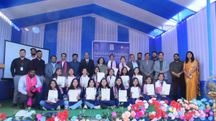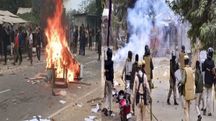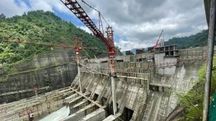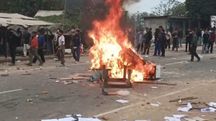Assam: Supreme Court issues notice on plea against government's decision to convert Madrasas
Earlier the Gauhati High Court in its judgement stated that the Madrassas although being government schools- wholly maintained by the Assam State cannot be permitted to impart religious instruction.
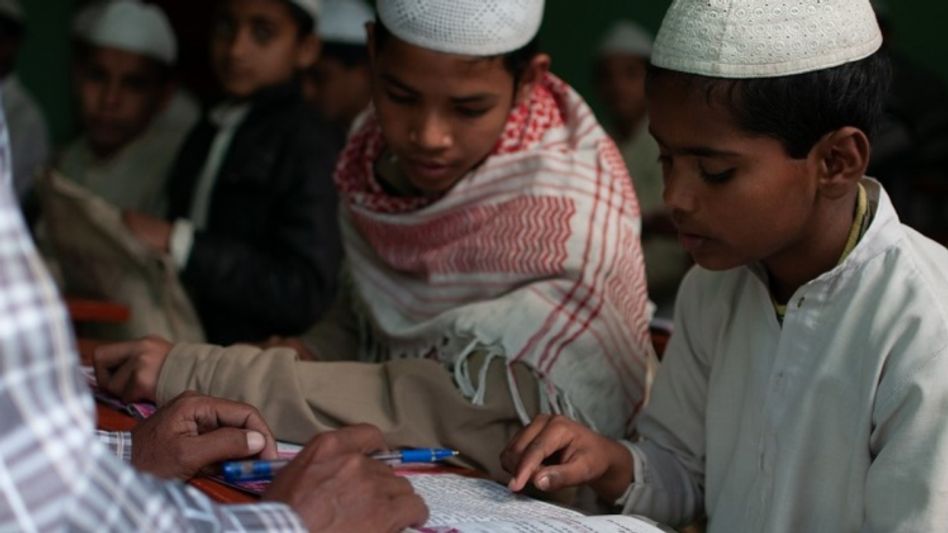 Representative Image
Representative ImageThe Supreme Court on November 1, 2022, issued a notice concerned to the respondents along with the Assam government on the plea made against the Gauhati High Court's verdict on madrassas.
Notably, earlier the Gauhati High Court in its judgement stated that the Madrassas although being government schools- wholly maintained by the Assam State cannot be permitted to impart religious instruction.
Meanwhile, challenging the judgment dated February 4, 2022 which upheld the validity of the Assam Madrassa Education (Provincialization) Act, 1995 (repealed by the Act of 2020) and all consequential government orders, the petitioner moved to the Apex court.
Further, the petition stated that the Assam Madrassa Education (Provincialization) Act, 1995 (repealed by the Act of 2020) is only limited to the state undertaking to pay the salaries and provide consequential benefits to the teaching and non-teaching staff employed in madrassas as also the administration, management and control of these madrassas.
"The repealing Act of 2020 takes away property coupled with statutory recognition of Madrassa education and the impugned order dated 12.02.2021 issued by the governor disbands the 'Assam State Madrasa Board' created in 1954. It amounts to an arbitrary exercise of both legislative and executive powers and amounts to a denial of the Petitioner madrassas' ability to continue as madrassas providing religious instruction coupled with religious education," the petition stated.
The petitioner submitted that such encroachment into the proprietary rights of the petitioner madrassas without payment of adequate compensation is a direct infraction of Article 30(1A) of the Constitution of India.
"The operation of the impugned judgment would result in the discontinuation of the Petitioner madrassas as madrassas and would prevent them from admitting students for the old courses for this academic year," the petitioner said.
On the other hand, Senior Advocate Sanjay Hegde, appearing on behalf of the petitioners stated that although the notification from the state government is only with reference to the service conditions of the employees, or the teachers posted in madrassas, however, the property of the madrassas was taken away.
Copyright©2025 Living Media India Limited. For reprint rights: Syndications Today
